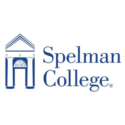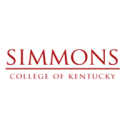 Historically Black Tuskegee University, Alabama State University, Alabama A&M University, along with two other state universities in Alabama, have been selected by the state of Alabama to grow and study industrial hemp, a non-intoxicating cannabinoid.
Historically Black Tuskegee University, Alabama State University, Alabama A&M University, along with two other state universities in Alabama, have been selected by the state of Alabama to grow and study industrial hemp, a non-intoxicating cannabinoid.
The research at Tuskegee will focus on identifying the best varieties and innovative research techniques that will ensure that industrial hemp grown in Alabama is cultivated efficiently and profitably.
Dr. Desmond Mortley, a research professor of plant and soil science in Tuskegee’s College of Agriculture, Environment, and Nutrition Sciences, is heading Tuskegee’s portion of the research. He will investigate the best seeds and varieties with optimum proportions of cannabidiol oil and fiber content under growing conditions. The research will ultimately support various suspected uses for cannabidiol oil, which range from medicine to fiber.
“We are looking at planting dates, plant varieties, adaptability and productivity, and days to maturity,” Dr. Mortley explained. “In addition, we are also interested in finding which seeds produce which proportions of oil and useful residue under growing conditions.”
In June, the research team planted more than 900 “Cherry Wine” female industrial hemp plants to determine which variety grows best in Alabama and how to make these plants grow even better. The plants will grow for 75 days in greenhouses and growth chambers, after which their flowers will be harvested and examined.
The other participating universities are Troy University and the University of Alabama.









